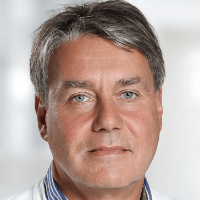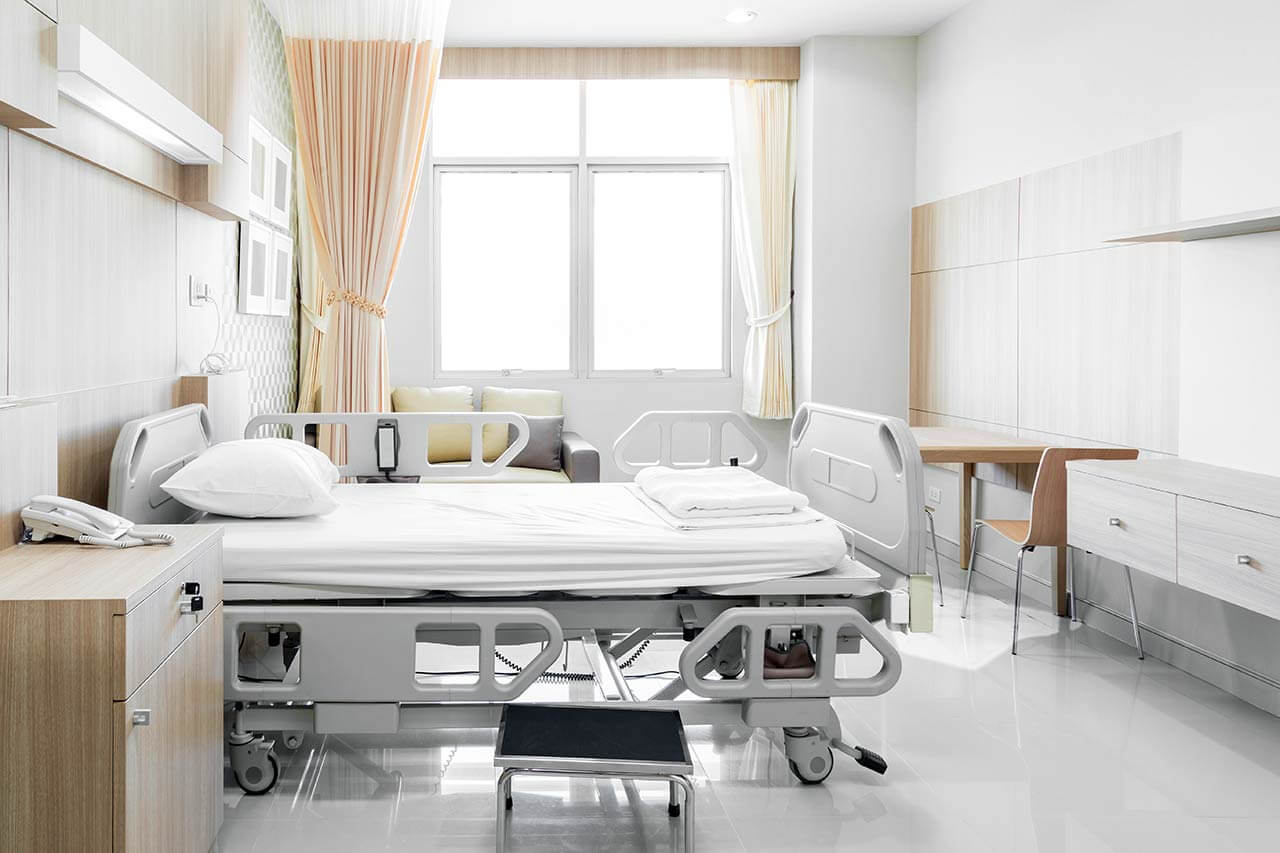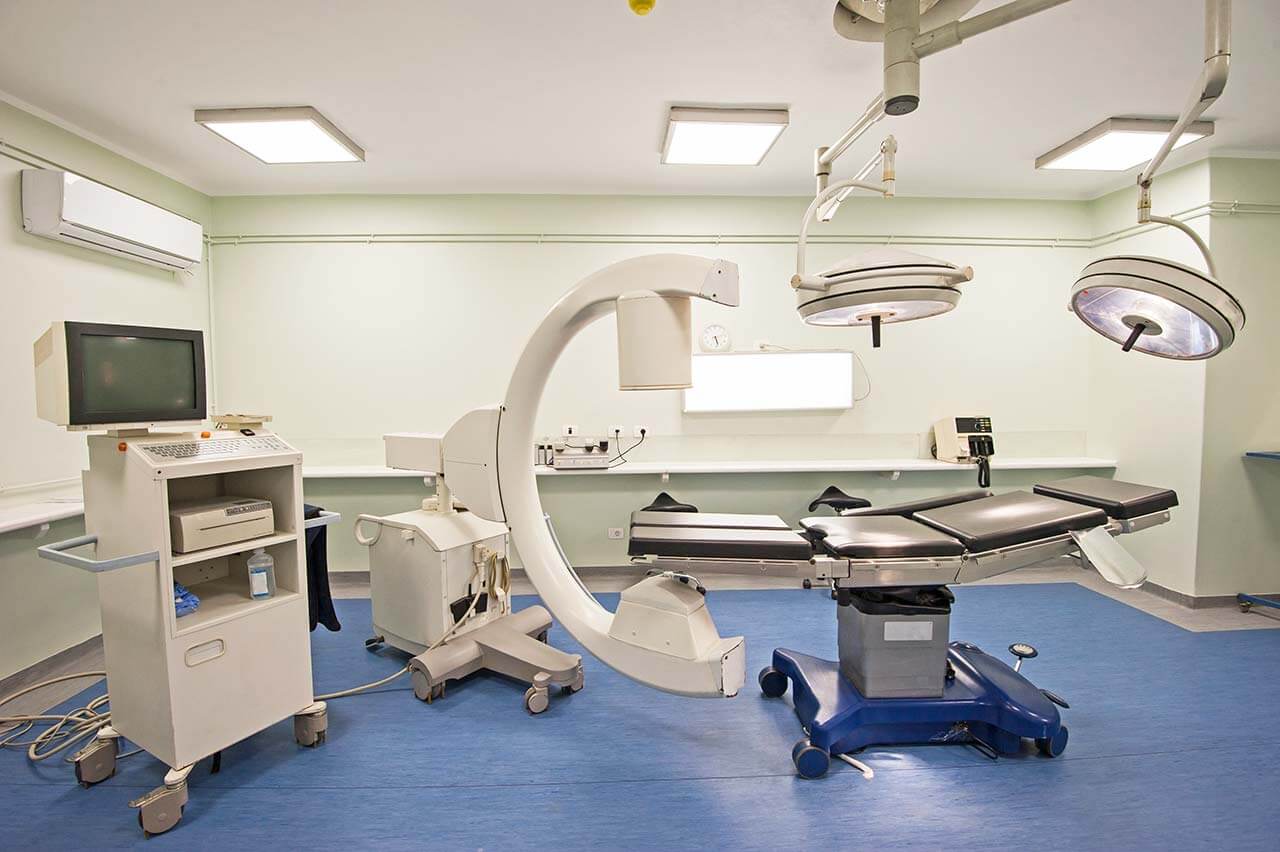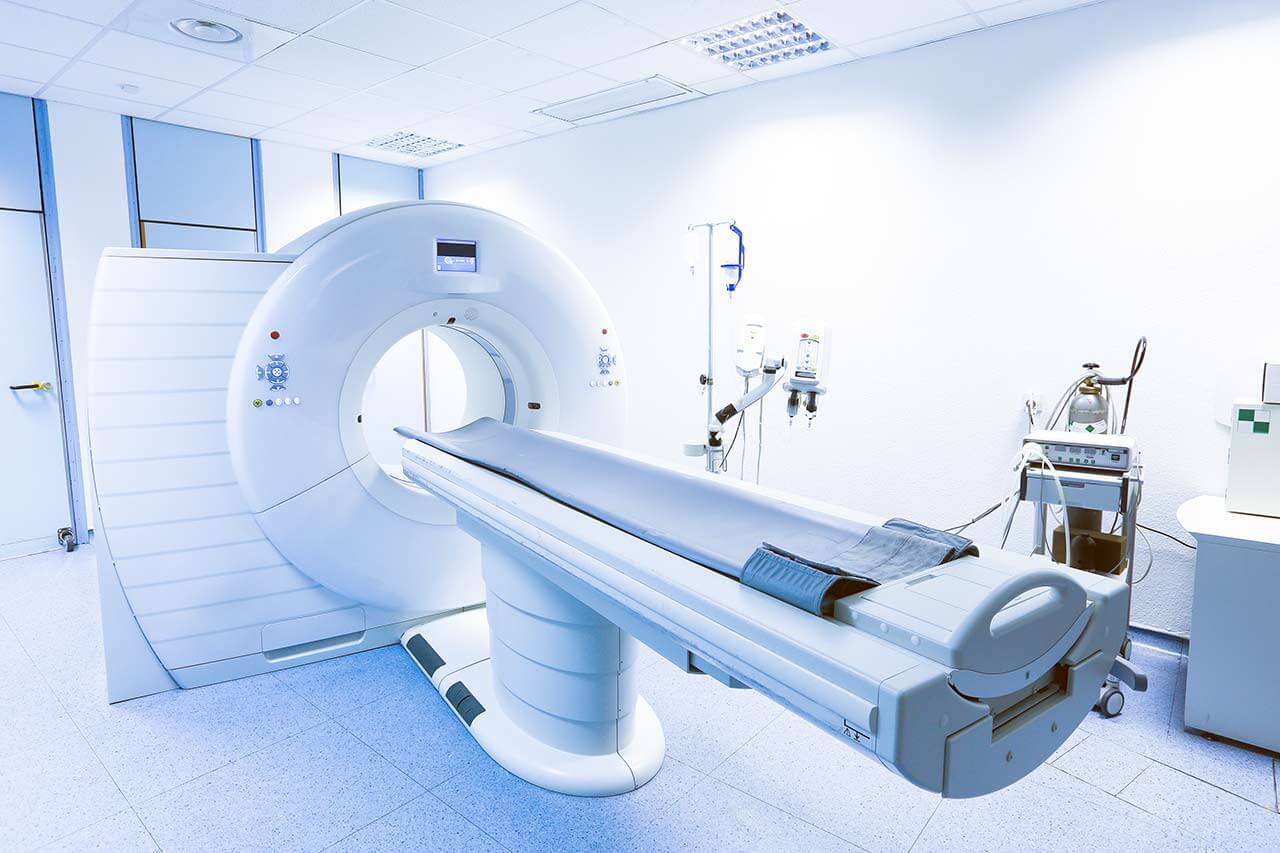
The program includes:
- Initial presentation in the clinic
- case history collection
- general clinical examination
- laboratory tests:
- complete blood count
- general urine analysis
- biochemical analysis of blood
- TSH-basal, fT3, fT4
- tumor markers
- indicators of inflammation
- indicators of blood coagulation
- CT/MRI scans of the whole body
- needle biopsy of the bone marrow
- biopsy and histological examination of CSF
- examination by experts of:
- Cardiology
- Otolaryngology
- Immunology
- Ophthalmology
- registration in the european bone marrow donor base
- conducting high-dose chemotherapy
- allogeneic bone marrow transplantation from
unrelated donor - isolation by neutropenic precautions
- symptomatic treatment
- the cost of essential medicines and blood products
- nursing services
- stay in the hospital with full board
- full hospital accommodation
- elaboration further recommendations
How program is carried out
During the first visit, the doctor will conduct a clinical examination and go through the results of the available diagnostic tests. After that, you will undergo the necessary additional examination, such as the assessment of liver and kidney function, ultrasound scan, CT scan and MRI.
Also, the doctor will conduct a bone marrow biopsy followed by cytological examination of the harvested material. This will help him to determine the histological features of your bone marrow (in particular, identify HLA system antigens) and select a suitable donor. The donor can be a family member or a person from the bone marrow registry. In the second case, the donor material is stored in a bone marrow bank.
Before the procedure, you will receive chemotherapy, if necessary in combination with radiation therapy. The course of chemo- or chemoradiation therapy lasts from 2 to 8 days.
The bone marrow transplant procedure is an intravenous infusion, i.e. the healthy bone marrow will be injected through a catheter, intravenously. You will stay in your room during the procedure. A bone marrow transplant is completely painless and does not require anesthesia.
During the period of healthy bone marrow engraftment, you will stay in a sterile ward. This is a necessary precaution because during this time your immune system is very weak and cannot withstand environmental pathogens. The risk of bleeding is also quite high, so you will be advised to avoid mechanical damage.
A relative or other close person may stay in the ward with you. You will not be allowed to go outside the department and leave your ward often. The rehabilitation period can last from 1 to 2 months.
When your complete blood count returns to normal, your doctor will schedule your discharge from the department. You will receive information about the rules that you will need to follow at home, the frequency and type of control examinations, and subsequent treatment measures. You will also receive a detailed medical report, which will reflect the entire course of treatment.
Required documents
- Medical records
- Bone marrow biopsy results (if available)
Service
You may also book:
 BookingHealth Price from:
BookingHealth Price from:
About the department
The Department of Hematology and Bone Marrow Transplant at the Helios Hospital Berlin-Buch offers the full range of diagnostic and therapeutic services for patients with benign and malignant diseases of the hematopoietic and lymphatic systems. The department specializes in the treatment of acute leukemia, myelodysplastic syndrome, malignant lymphomas, myelomas, chronic myeloproliferative diseases, benign blood diseases and hematopoiesis. The patients' health is in the reliable hands of an experienced team of doctors who have a perfect command of all the classic and innovative treatments. The department is headed by Prof. Dr. med. Bertram Glass.
The doctors of the department consider accurate diagnostics the key to successful treatment. In this regard, the department has a special laboratory for conducting molecular biological studies of blood, bone marrow and lymphatic fluid. Imaging and endoscopic diagnostic procedures are provided as well. The bone marrow diagnostics is carried out using cytological, cytochemical and immunocytochemical methods, i.e. testing of individual cells and their components at the microbiological level. Also, the diagnostic spectrum is supplemented by biopsy and puncture procedures. Thus, the department offers all the studies for providing the comprehensive diagnostics, the results of which will become the basis for developing the most effective individual treatment regimen.
A special focus of the department's work is bone marrow transplant. The department performs both autologous and allogeneic transplants. The first version of the procedure involves transplanting the patient's own bone marrow, while the second option consists in transplanting the bone marrow from the donor. In the case of autologous bone marrow transplantation, tissues are taken from the patient himself, after which they undergo special treatment and are administered again after chemotherapy or radiation therapy completion. Also, this type of therapy can be used independently, if chemotherapy does not give the expected result. The bone marrow transplant procedure takes place in a hospital setting, after which the patient receives the necessary care and monitoring. It is worth noting that the department’s specialists not only successfully use bone marrow transplantation in their clinical practice, but also participate in international research, including in the conditions of their in-house special laboratory, where they further study this field of medicine. The department has a reputation as one of the best medical centers for bone marrow transplant at the national level.
The department's field of competence includes the diagnostics and treatment of the following diseases:
- Acute leukemias
- Myelodysplastic syndromes (impaired formation of blood cells in the bone marrow)
- Chronic myeloproliferative diseases
- Malignant lymphomas: Hodgkin's disease and non-Hodgkin lymphomas (malignant tumors of the lymphatic system)
- Multiple myeloma (cancer of the hematopoietic system with plasma cell proliferation)
- Benign blood diseases, such as immune thrombocytopenia or hemolytic anemia
- Drug-induced hematopoiesis
- Other diseases
The therapeutic service range of the department includes:
- Bone marrow transplant (autologous and allogeneic)
- Different types of radiation therapy
- Antibody immunotherapy
- Targeted therapy
- Classical chemotherapy
- High-dose chemotherapy
- Other treatments
Curriculum vitae
Higher Education
- 1982 - 1989 Human Medicine studies at the Christian Albrecht University of Kiel.
- 1991 Admission to medical practice.
- 1991 Thesis defense.
- 1996 Board certification in Internal Medicine.
- 1999 Habilitation and Venia legendi in Internal Medicine.
- 2002 Board certification in Hematology and Oncology.
Professional Career
- 1989 - 1991 Internship at the Institute of Immunology and in the Department of Internal Medicine II at the University Hospital Kiel.
- 1991 - 1999 Assistant Physician in the Department of Internal Medicine II at the Municipal hospital Kiel.
- 1999 - 2000 Senior Physician in the Department of Internal Medicine II at the University Hospital Kiel.
- 2001 - 2007 Managing Senior Physician and Head of the Section for Bone Marrow Transplant of the Department of Hematology and Oncology at the University Hospital Goettingen.
- 2002 C2 Professor, Department of Hematology and Oncology at the University Hospital Goettingen.
- 2007 Extraordinary Professorship at the Georg-August University of Goettingen.
- 2007 - 2017 Deputy Head Physician and Head of the Section for Bone Marrow Transplant at the Department of Hematology, Oncology and Bone Marrow Transplantation at the Asklepios Hospital St. Georg in Hamburg.
- Since 2017 Head Physician of the Department of Hematology and Bone Marrow Transplant at the Helios Hospital Berlin-Buch.
Research Activities
- Over the years, Prof. Glass has been actively involved in clinical research. His research interests include the treatment of malignant lymphomas and bone marrow transplant. He was the head and published the results of several multicenter clinical trials. He is also a Member of the Advisory Board of the German Lymphoma Alliance.
Teaching Activities
- Until 2016, Prof. held the position of Instructor at the Asklepios Medical School. He also teaches at the University of Goettingen (Hematology and Oncology). In addition, Prof. Glass is a participant in many advanced courses, scientific congresses and symposia.
Photo of the doctor: (c) Helios Klinikum Berlin-Buch
About hospital
According to the reputable Focus magazine, the Helios Hospital Berlin-Buch ranks among the top medical facilities in Germany!
The hospital is proud of its rich history, which dates back over 100 years, as well as the status of a maximum care medical center with exceptionally high success treatment rates. The medical institution is an academic hospital of the Charite Medical Complex, which is one of the best in Europe and around the world. To provide its services to patients, the hospital has over 1000 beds, over 60 specialized departments, centers and institutes, including emergency service and a helipad, as well as 23 state-of-the-art operating rooms.
The medical institution presents almost all branches of modern medicine, many of which are certified by professional German societies (for example, certification of the German Cancer Society, German Diabetes Society).
The hospital diagnoses and treats about 52,000 inpatients and more than 144,000 outpatients every year. The medical services and patient care are provided by world-renowned highly competent doctors and qualified nursing staff. To achieve the best treatment results, the doctors of related medical disciplines work closely together and jointly develop optimal treatment regimens.
It is worth noting that the hospital is located in a beautiful green park area. In the immediate vicinity of the hospital one can find Buch Castle, Buch Forest and Barnim Nature Park. All this has a beneficial effect on patients, as they have the opportunity to stroll through beautiful places that inspire and help to gain strength for the successful overcoming of the therapeutic process.
Photo: (c) depositphotos
Accommodation in hospital
Patients rooms
The patients of the Helios Hospital Berlin-Buch live in comfortable rooms made in bright colors. Each patient room is equipped with an ensuite bathroom with shower and toilet. The standard room includes an automatically adjustable bed with a system for calling nursing staff (this system also serves to use TV, radio, lamps), a bedside table, a locker for storing personal belongings, a TV, a radio. The hospital offers WI-FI.
Meals and Menus
The patients of the hospital are offered tasty and balanced three meals a day. Breakfast is served as a buffet with a wide selection of pastries, cereal, sausages and cheese. For lunch, the patients usually have a choice of three menus, including a vegetarian menu. Also, the patient can independently combine a lunch menu from various meat, fish and vegetarian dishes and side dishes. Dinner includes a standard menu and dishes that the patient can choose on his own to his taste.
In addition, the hospital houses a cozy cafe with an excellent assortment of pastries, fresh salads, sandwiches, as well as traditional Berlin dishes. Here you can enjoy a cup of aromatic coffee, hot tea or refreshment drinks.
Further details
Standard rooms include:





